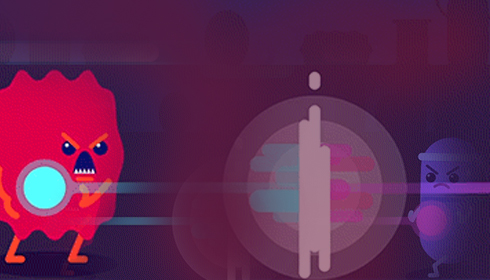
IIIT-Delhi's breakthrough in antimicrobial resistance research earns international recognition.
In a remarkable achievement for Indian scientific research, IIIT-Delhi, in collaboration with CHRI-PATH, Tata 1mg, and ICMR, has secured the second prize at the prestigious Trinity Challenge on Antimicrobial Resistance (AMR). This accolade underscores India's growing prowess in addressing one of the most pressing health threats of our time.
The Trinity Challenge, renowned for fostering innovative solutions to global health challenges, recognised the project “AMRSense: Empowering Communities with a Proactive One Health Ecosystem” for its groundbreaking approach to combating AMR.
The initiative, led by Prof. Tavpritesh Sethi, addresses critical gaps in the collection and management of AMR data at the community level, particularly in low-income countries where antibiotic-resistant infections are most prevalent.
Community health workers (CHWs) can use AI-assisted tools from AMRSense to record accurate data and integrate it into a unified ecosystem. This system will combine antibiotic sales, consumption data, and WHONet-compliant surveillance data, employing federated analytics to provide comprehensive insights into AMR trends. The AMRaura Scorecard will also monitor and evaluate these trends, guiding targeted interventions.
Expressing his gratitude upon receiving the award, Prof. Sethi said, "This is a tremendous encouragement for the team. We are an interdisciplinary team looking forward to solving this grand challenge together. Collaboration is at the heart of our solution, and the Trinity Challenge award is a catalyst for making it possible."
The second prize goes to "OASIS: OneHealth Antimicrobial Stewardship for Informal Health Systems," also from India, with each project receiving £600,000 in funding over the next three years. The funding will help to implement and scale these innovative solutions.
Professor Dame Sally Davies, Chair of the Trinity Challenge and UK Special Envoy on Antimicrobial Resistance, lauded the winners for their vision and dedication. She emphasised the importance of collective action in addressing the antibiotic crisis, noting the significant contributions of the winning projects in creating comprehensive data platforms that inform critical decision-making.
Professor Marc Mendelson, Director of the Trinity Challenge, highlighted the urgent need to fill data gaps in community-level AMR surveillance, particularly in low- and middle-income countries. He praised the winning teams for their innovative approaches to mitigating antibiotic resistance and improving understanding of human and animal health.
If not addressed promptly, antimicrobial resistance is predicted to cause 10 million additional deaths annually by 2050. The overuse and misuse of antibiotics in healthcare and agriculture have accelerated the development of resistant bacteria, posing a severe threat to global health, food security, and environmental stability.
The success of AMRSense exemplifies the potential of interdisciplinary and collaborative research in tackling global health challenges. With continued support and innovation, projects like these can significantly contribute to safeguarding the efficacy of antibiotics for future generations.